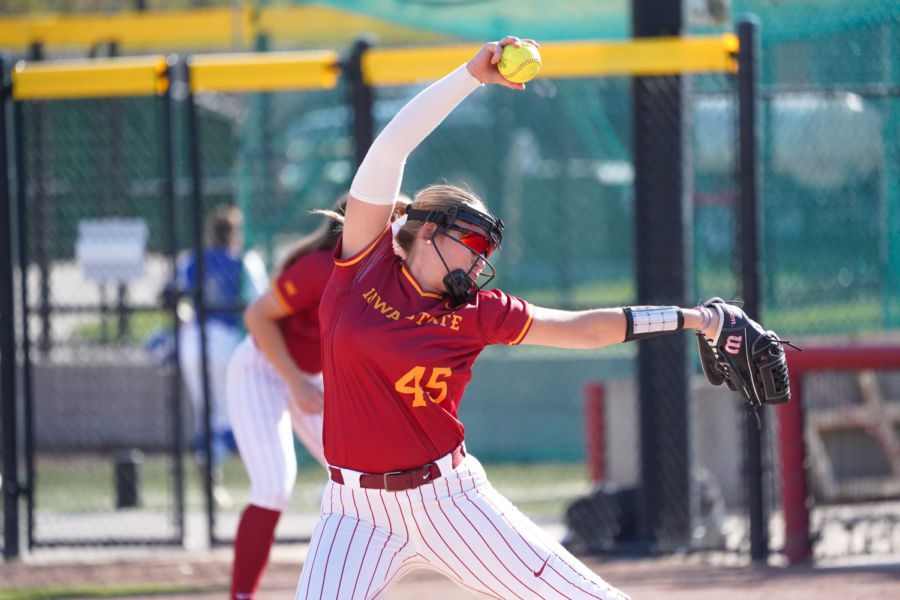E-awards help with financing on Web
April 25, 2000
Since ISU students are figuring out how to finance their college educations for next fall, the Student Financial Aid Office is offering another option for learning about financial aid — the Internet.
The E-Awards program, which is in its second year at Iowa State, allows students to be notified of their financial aid offers via e-mail. Iowa State is one of two schools in the nation to offer financial aid assistance by this medium.
Martha Olson, systems analyst for the Administrative Data Processing Center, said E-Awards are the shared responsibility of the Administrative Data Processing Center and the Computation Center. E-mails are sent to students’ Project Vincent accounts or forwarded to outside e-mail accounts if the Vincent accounts aren’t frequently used.
Security is of the utmost importance to the Student Financial Aid Office, ADP and the Computation Center, Olson said. Because of this, she said the e-mail students receive is very generic.
“There is no actual personal information in the e-mail; it simply tells students to go to AccessPlus, a secure Web site, and log in to find out personal information concerning finances,” she said.
Earl Dowling, director of the Student Financial Aid Office, said security is a concern for the university. “We have the same sensitivity about security as any other business. We deal with very confidential information,” he said.
Dowling said the program is based around the university’s commitment to further technology.
“It’s a strategic plan, and part of the strategic plan calls for the expanded use of technology — that’s the overarching reason. Secondly, we’ve noticed that more of our entering students are coming here with computer skills. We have the technology and believe there is evidence that students want the service,” he said.
Dowling also said E-Awards benefit the students, and for Iowa State, it is a new way of doing business. Prior to E-Awards, students had to travel to Ames to take care of their financial business. For commuting students, Dowling said this was a real disadvantage.
“The best example I can give about that is after the first night of implementing the program. … A student that was living in Des Moines e-mailed me to say he had already checked his financial aid information and taken care of his business without leaving his home and even before we were open,” Dowling said.
Olson also said convenience is a big plus with E-Awards.
“We are able to get information to students faster, prompting them to look at AccessPlus. Students can respond at their own leisure,” Olson said.
If students still feel uncomfortable with E-Awards, they can ask for an alternative, Dowling said. “If a student requests it, we can do everything on paper,” he said.
The first mailing of the fall 2000 season has already been sent out. Of currently enrolled upper-class students, 64 percent approved their financial-aid package on day one, Dowling said.
“Currently enrolled students don’t necessarily have a time frame in which to get their responses in. They realize that sooner is better and get aid finalized so it will appear on their U-Bill,” he said.
However, entering freshmen do have a deadline for claiming aid.
“They have a different calendar of events, until May 1, to notify Admissions of their decision. In order to help with prospective students’ decisions, we have to get the offers out quickly,” Dowling said.
















